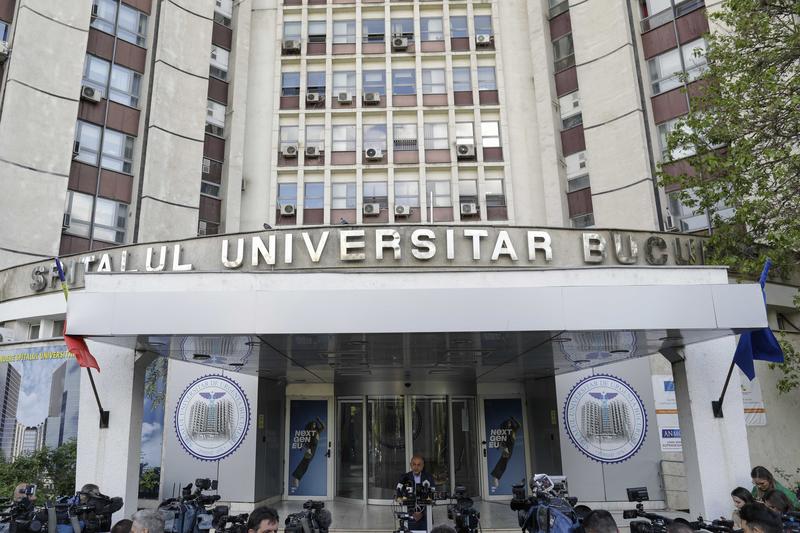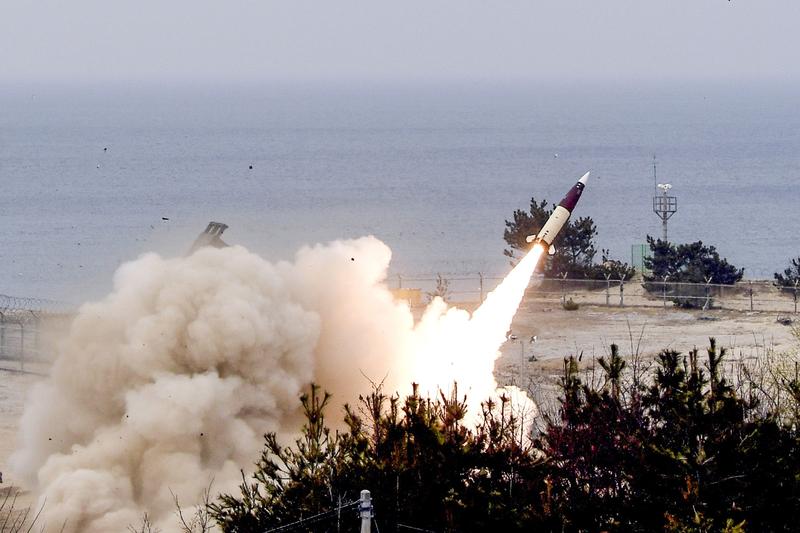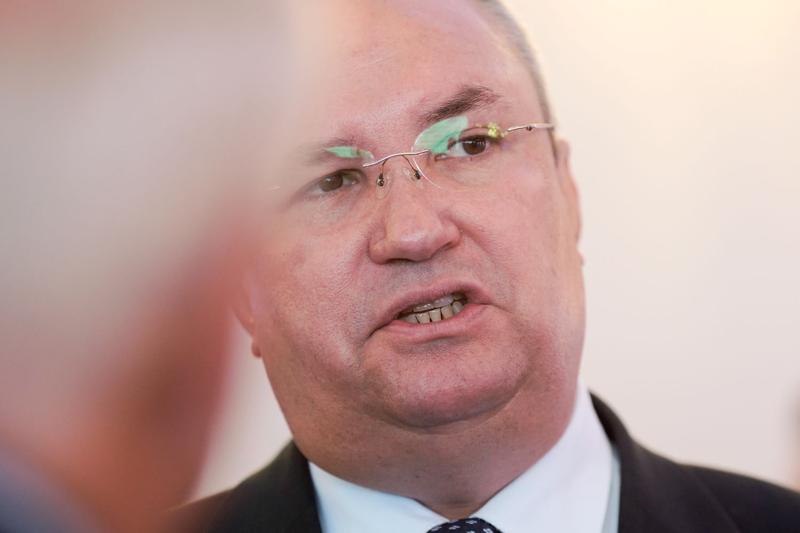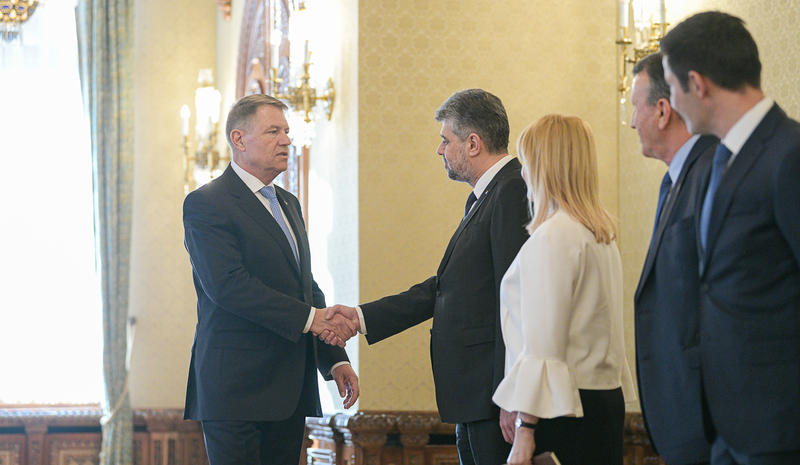1,300 German workers, ex-Nokia employees, have been made redundant after Nokia's plant in Bochum decided to move in Jucu, a locality in central-West Romania (Transilvania region). The workers will receive financial compensation from the EU until they will manage to find another job. In this sense, Germany will receive 5.5 million euros from the European Globalisation Adjustment Fund (EGF), Euractiv.ro informs.
The European Commission decided in favour of the financial compensation requested by Germany, but both the European parliament and Council need to agree on it. The request for EGF's support was submitted to the Commission on February.
"I'm happy to submit this request, because it will help 1,300 workers to return to the labour market", said the commissar for Employment, Vladimir Spidla. "In the current financial and economic crisis context, the work force situation in affected regions is extremely vulnerable. I'm pleased that affected workers may rely on the safety net the EGF can offer", he added.
1,337 staff working for Nokia's plant in Bochum in North Renania, Westfalia, were sacked in the beginning of 2008, after the company decided to move in Jucu, Central-West Romania. Bochum traditionally scores an unemployment rate 3 to 4 % than the medium German level.
The current trend for mobile factories is to migrate East, towards "emergent" markets, especially to Asia, because of lower production costs on one hand, and because they're closer to the emergent markets that develop fast on the other. Nevertheless, Nokia decided to fire its staff and move out of Bochum while the plant was still recording profit (2007).
The EGF assistance for the ex-German workers will consist in re-qualification courses, support for business start-off, support for re-employment, short-term benefits and support for finding a job at an international level. The total cost of the package e=is estimated to be 11.1 million euros. EGF will contribute with half of the sum.



















